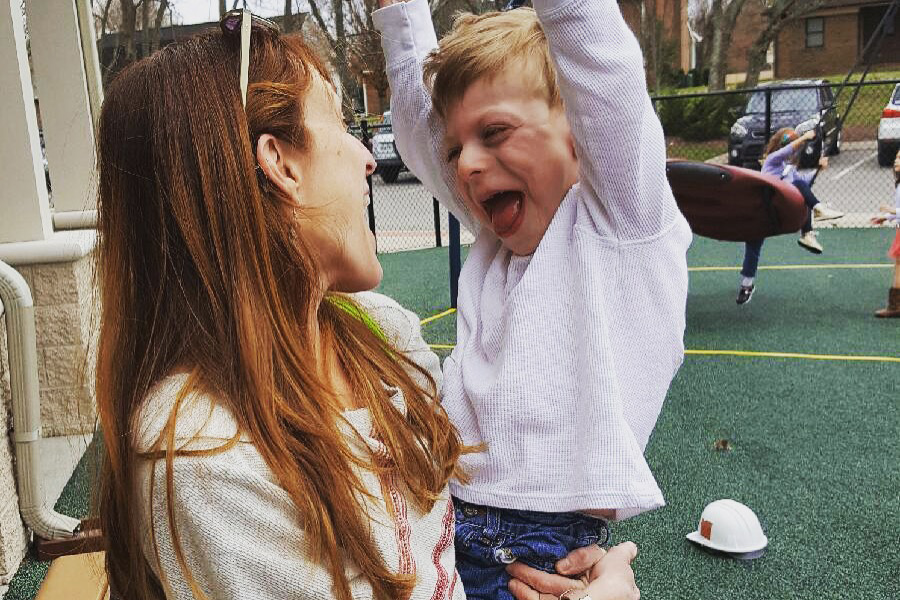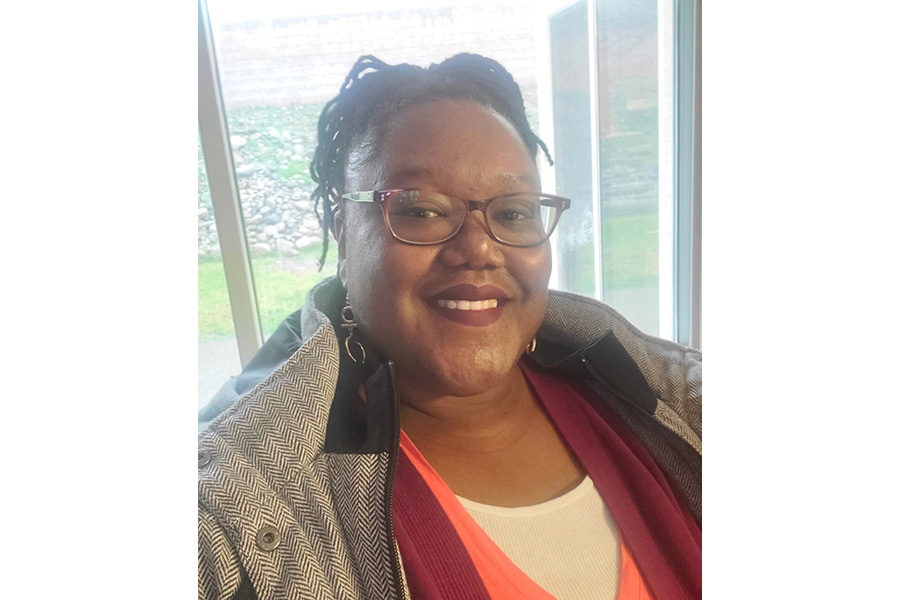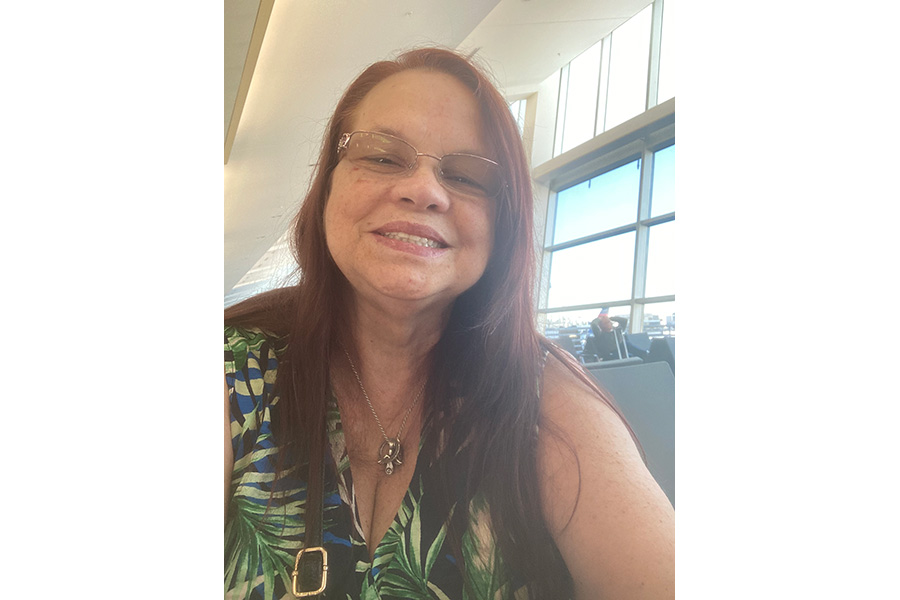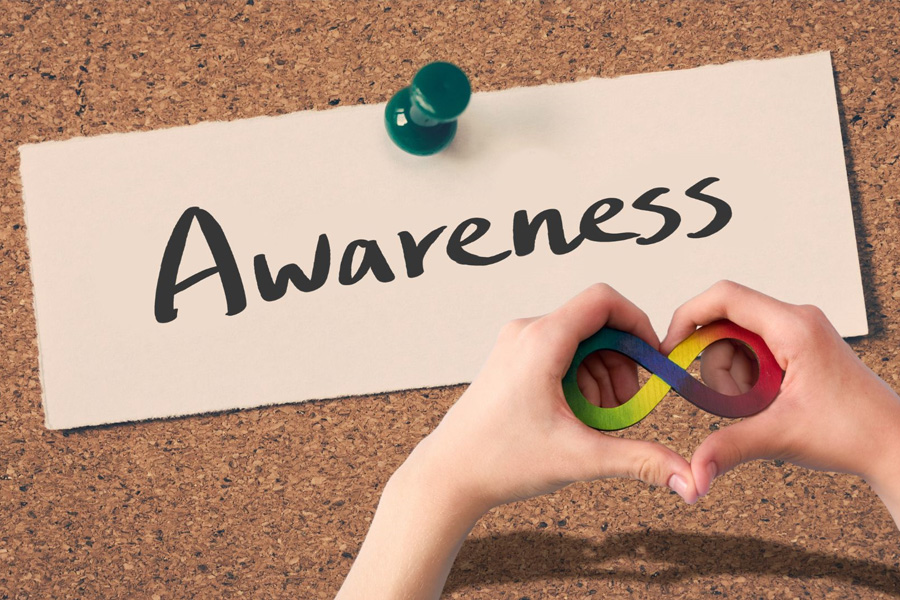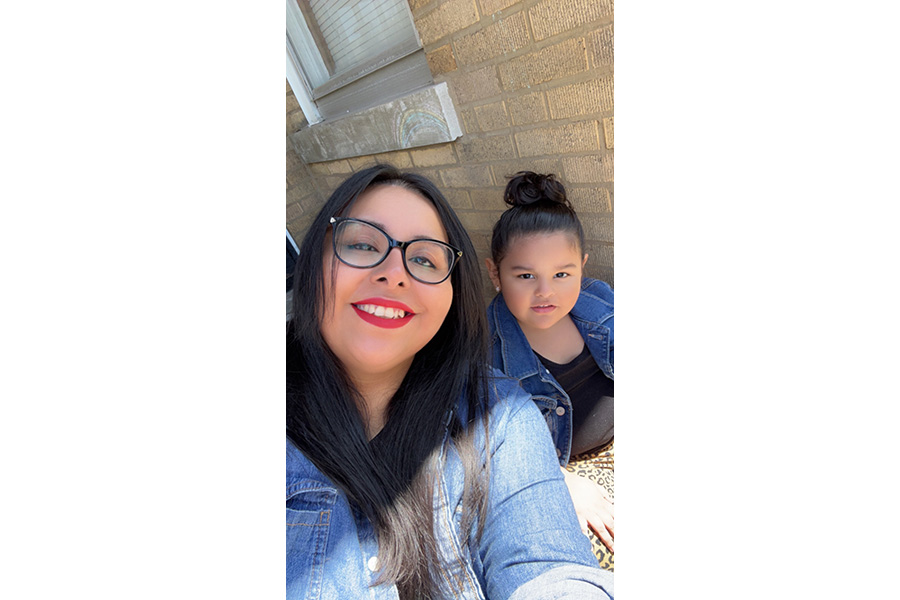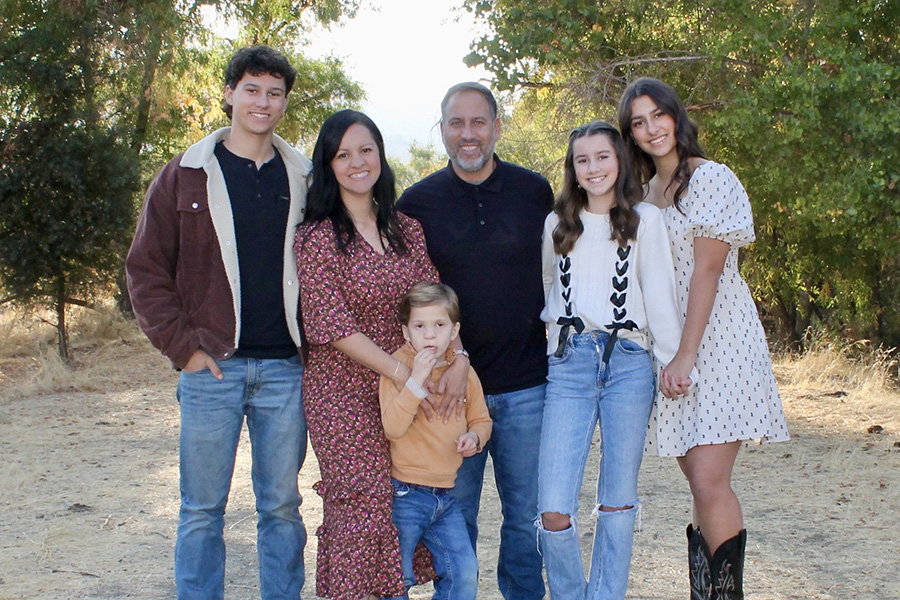The room was loud, concert-level loud, which is what happens when you fill any space with nine-year-olds. My eardrums thrummed and my heart skipped a beat before it began to syncopate with the slamming down of books and backpacks and excited shouts of kids. I handed over Charlie’s bag and lunch and I steered his wheelchair towards the beanbags and bookshelves where it was a bit quieter. I didn’t need to look into his own face to see the panic there. But I looked anyway. His eyes were rimmed in red and his cheeks were blotchy. Tears dripped down his nose and into his open mouth as he fought hard to hold back a cry. Like a kite string being tugged, I felt my own throat close up. The tears I could not shed in front of him began to gather. I swallowed and smiled. I found him a book on dinosaurs. I whispered to the aide that this was his first day of summer school and please be kind. They always are. I always say it anyway. And then I hugged him, walked out, and cried in my car.
This is how it always goes with Charlie. He is my first-born. I carried him seven months before he entered the world and then I stayed by his incubator for the next three months before taking him home with a tracheotomy and a feeding tube. Though his cries were silenced by the trach, I could read in his eyes what he needed. Together we learned sign language. I performed several emergency trach replacements when he contracted RSV and other viral infections. For the 2012 election, he rode in a carrier on my chest with his trach suction machine strapped to my back so that I could vote at the local agricultural center. Afterwards, we waved at the horses. From the very beginning, we were a team.
Charlie no longer requires a tracheotomy or a feeding tube. His seizures have dissipated. He barely gets a cold. He does, however, have cerebral palsy and is mostly nonverbal. I don’t notice. And I mean that in the best way possible. His wants and needs travel to me on a radio wavelength only few are privy to. If telepathy were a thing, we’ve already mastered it. It is a beautiful gift to be able to know what he wants to eat, if he’s tired, his favorite subject in school, why he’s sad, when he’s happy—all without him having to work to communicate it all. He strives every day to make the rest of the world understand him. He doesn’t have to do that with me. I will never stop being grateful for that.
But sometimes wonder if it would be better if I didn’t so deeply feel what he feels. Empathy is wonderful. To sense what those around you are going through and then to experience it yourself can allow you to connect with people. But it can be exhausting. And in my case, it can rob Charlie of the chance to tell me with his own unique combination of sign language and speaking device what he chooses to tell me rather than what I intuit. He hardly tries these external conversational cues with me because he knows I’ll get what he’s needing/thinking/feeling without all the extra work. It’s the equivalent of writing long-hand versus typing on a computer. The latter is so much faster! But is faster always better? What would I learn about Charlie that I am missing by skipping over the vital steps of outward communication?
These are my thoughts as I drop him off on his first day of summer school, or watch him sit at the edge of the playground in his chair, waiting for his turn to pitch the baseball in gym class, or help him steer his horse at horseback riding therapy, or hold his hand as we wait for an ultrasound at the doctor’s office. What would you tell me, Charlie? What would you want me to know that I don’t? Is there a better way to do this thing between you and me? Despite all the insider knowledge I have on him, these are questions I cannot answer.

Jamie Sumner is a special needs mom, author and blogger.
Read her blog, The Mom Gene.
Follow her on Facebook.






